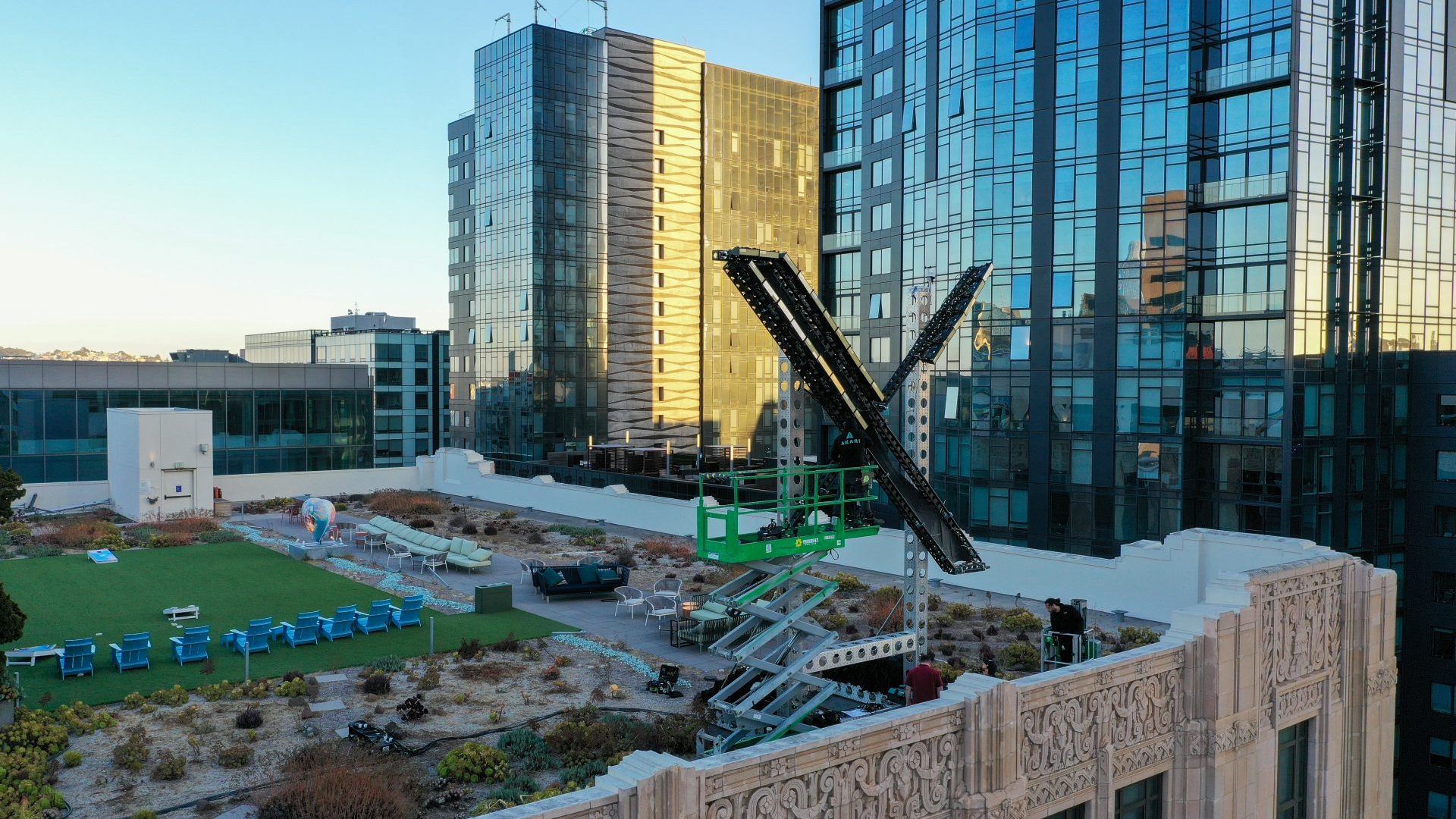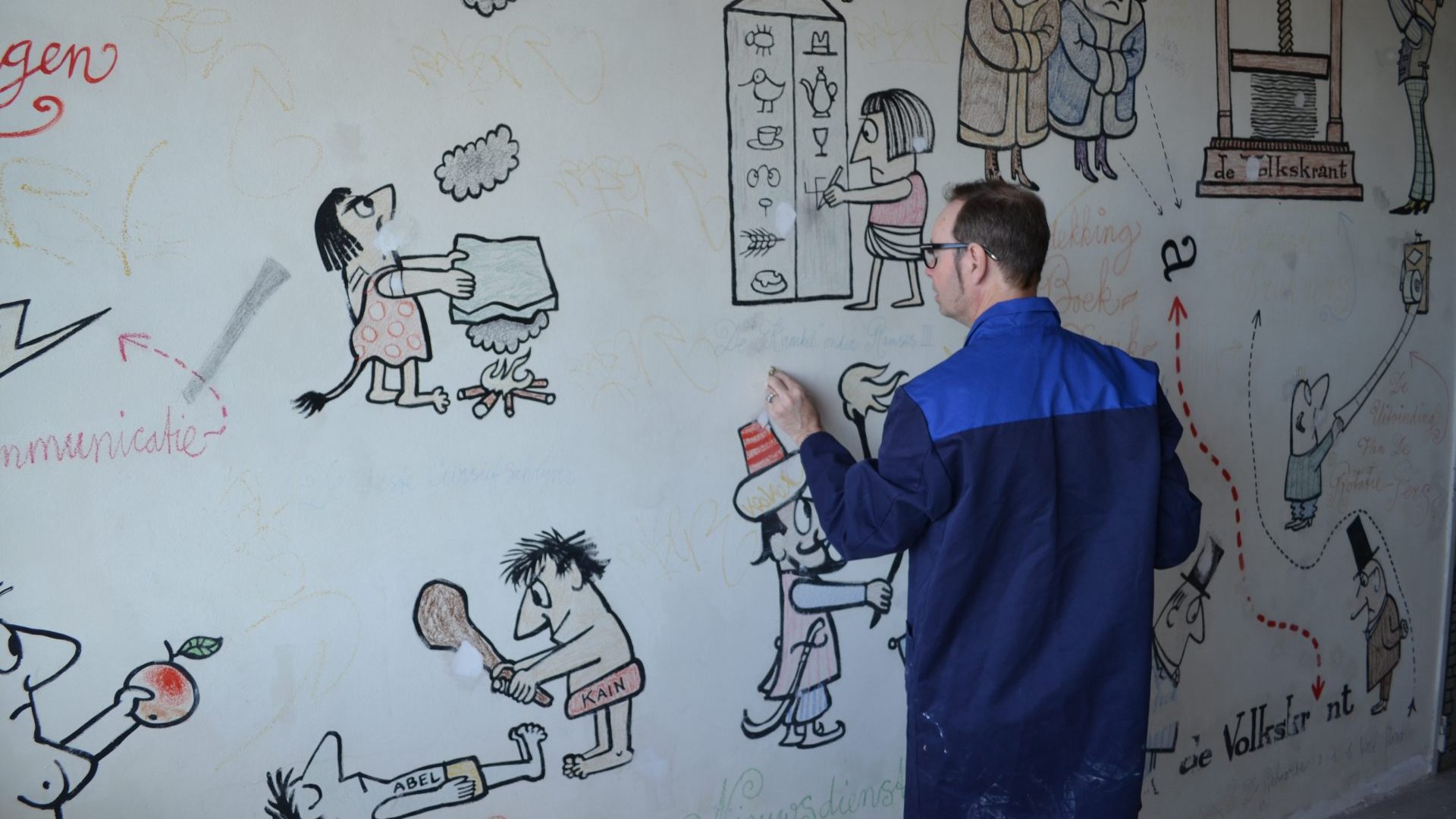On July 22, Dom Lucre, a right wing Donald Trump-supporting conspiracy theorist, posted screenshots from a notorious child exploitation video on Twitter – purportedly to expose someone criminally convicted of possessing it. On July 26, the app’s child sexual exploitation team took the images down and suspended Lucre’s account, which has 556,000 followers.
An alt-right pile-on followed, with prominent Trump supporters demanding Lucre’s reinstatement. Elon Musk, Twitter’s owner, duly obliged, adding: “Only people on our CSE team have seen those pictures. For now, we will delete those posts and reinstate the account.”
But the pictures were online for four days. And as all journalists know, even if you are campaigning against child abuse, and trying to expose its perpetrators, possessing – let alone posting – such imagery is a crime.
The tawdry episode is just one moment in the process of self-destruction Musk appears to have unleashed on Twitter, now rebranded X. Since acquiring the company last October for $44bn, he has reinstated prominent far right accounts previously suspended for hate speech and disinformation, recently pardoning Kanye West, who tweeted antisemitic jokes and praised Hitler. Musk cancelled the blue tick account-verification programme, through which public figures and companies could be protected against impersonation, replacing it with a paid-for service that has boosted trolls and disinformation actors.
As large corporate advertisers have fled, it has become swamped with ads for low-rent products, while the company loses millions of dollars a day – despite sacking up to 80% of its workforce. It looks like the enactment of a corporate death wish: the purposeful destruction of social and economic value built up by Twitter and its users since 2007.
Musk has tanked revenue, alienated staff and advertisers, degraded the user experience and taken arbitrary decisions on content. Is the world’s richest man simply doing to Twitter what an enraged child might do to its model train set? Is he purposely trying to flood the global information system with noise – the tried and tested tactic of the far right and its totalitarian Russian backers?
I think there is a more fundamental logic at work. Musk is trying to create a 21st-century version of the conglomerate corporation. Alongside Twitter, he has ownership and control of the electronic vehicle maker Tesla, the space transport company Space X, the Boring Company – a project to connect America’s cities via long-distance tunnels – and Neuralink, a venture to create an interface between computers and the human brain. SolarCity, a solar energy provider, was acquired by Tesla in 2016, while Starlink – a satellite-based internet company – is operated by Space X.
Musk, in short, is building a position of dominance in the technologies that could allow 21st-century capitalism to evade state regulation: post-carbon transport and energy, extraterrestrial comms, human-machine interfaces and now – with Twitter/X – a mass-media platform with aspirations to become a payment platform. His overt aim with Twitter is to convert it from a digital town square to a digital payment system, no doubt with its own cryptocurrency to further insulate itself from state-based, regulated finance.
In business studies, conglomerates went out of fashion in the 1970s because of the so-called efficiency problem: lumping an automaker together with, say, a steel plant, a bank, a shipbuilder and a supermarket becomes a management nightmare.
The shares of most historic conglomerates traded at below the sum of their parts, leading to their eventual break-up. With a few exceptions, the most prominent conglomerates today are sectoral – like LVMH, which manages more than 70 fashion, perfume and consumer brands. Musk solves the efficiency problem by taking his conglomerated enterprises private, reducing shareholder pressure.
By flooding Twitter with hate speech, arbitrarily applying rules against child sexual abuse images, boosting his favoured cast of scam artists and racists, Musk is doing nothing more than signalling intent.
X is to become an everything app for news, comment and questionable advertising, whose user base will be mesmerised by the spectacle of disinformation and then monetised within a payment system.
The philosophy underpinning the whole enterprise is escape from regulation: escape from planning regulations by going underground; escape from communications regulation by operating from space; the redistribution of power from drivers to car makers through putting AI in every automobile sold.
What is our protection, as citizens? That is Musk’s next battle. If he can help to manoeuvre Trump back into the White House, the US becomes a lab for untrammelled corporate power – not just in information, but also in the city planning, automobile and communications space.
While his Silicon Valley peers dream of living in sea-based cities to escape financial regulation and the rule of law, Musk is building his libertarian utopia on dry land, while the somnolent political class hold up their hands in paralysis and despair. “The bird will fly by our rules,” warned the European Commissioner, Thierry Breton, just before the takeover. There’s a lot riding on that promise, but I am not even certain that matters.
If Musk, Trump and their allies score a slam dunk in 2024, leveraging Twitter in an information war that ousts Joe Biden, that will be a major step towards the rules-free corporate order the global libertarian right demands.




